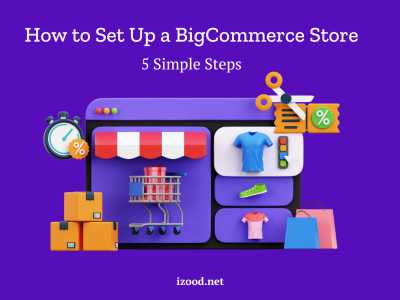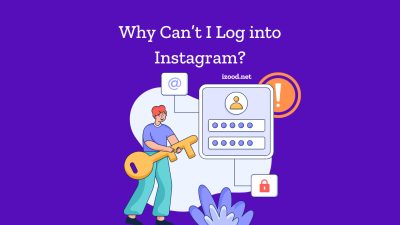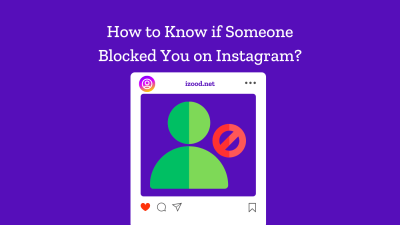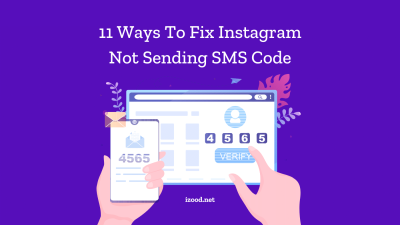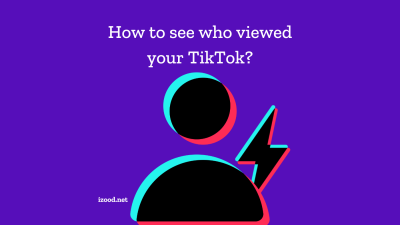
Did you know that businesses, on average, spend five to seven times more to gain new customers than they do to maintain current ones?
That’s right; nurturing the connections you’ve already forged can save companies a lot of money. All you have to do is treat your converted leads not as one-time transactions but as the seeds of long-lasting partnerships.
And in doing so, the CRM system will help. Think of CRM as your personal assistant, equipped with data-driven superpowers to make ongoing communication with your converted leads smoother than ever. From remembering your client’s birthday to predicting their next move, these systems do it all. Sounds interesting?
11 reasons why CRM systems are like your business’s best friend
Read on as we embark on a journey through the top 11 reasons why CRM systems are like your business’s best friend when it comes to maintaining meaningful post-conversion relationships.
- 360-degree customer view
CRM systems provide a comprehensive view of each customer’s interactions, preferences, and purchase history. This holistic view allows businesses to customize their communication strategies to each individual. Information about customers’ preferences, pain points, and past interactions aids in delivering more relevant and personalized content. This personal touch enhances the customer experience and makes customers feel valued and understood.
- Automated follow-ups
Automation is a cornerstone of modern business efficiency, and CRM systems excel in automating follow-up communication with converted leads. Through automated workflows and triggers, CRM systems can send timely and targeted emails, messages, and notifications. This consistent follow-up not only keeps the brand fresh in the customer’s mind but also provides valuable information, updates, and offers that can encourage repeat purchases.
- Segmented communication
Not all converted leads are the same, and CRM systems enable businesses to segment their audience based on various criteria. This segmentation allows for more customized and relevant communication. For instance, a CRM system segments customers based on their purchase history, location, preferences, or engagement level. This ensures that the communication resonates with each segment’s specific interests and needs, leading to higher engagement rates.
- Personalized recommendations
One of the most powerful tools that CRM systems offer is the ability to provide personalized product or service recommendations. The CRM system can suggest complementary or relevant offerings by analyzing a customer’s past purchases, browsing behavior, and preferences. This enhances the customer’s shopping experience and increases the likelihood of upsells and cross-sells, thereby boosting revenue.
- Feedback collection and analysis
Two-way communication is vital for building strong customer relationships. CRM systems facilitate this by enabling businesses to collect customer feedback regarding their experiences. This feedback loop helps understand what customers appreciate and where improvements are needed. Analyzing this feedback allows businesses to refine their offerings, address pain points, and showcase their commitment to customer satisfaction.
- Event and milestone celebrations
Customers appreciate when businesses acknowledge their special moments, such as birthdays or anniversaries. CRM systems can be programmed to send personalized greetings, offers, or rewards during these occasions. Celebrating these milestones showcases your attentiveness and appreciation, establishing a deeper emotional connection with the customer.
- Multi-channel engagement
CRM systems facilitate communication across various channels, including email, social media, chat, and even phone calls. This multi-channel approach allows customers to engage through their preferred platforms and makes the interaction more convenient and accessible. Furthermore, CRM systems ensure that all customer interactions are centralized and organized to provide a seamless experience regardless of the channel.
- Data-driven insights
Effective communication is rooted in data-driven insights. CRM systems collect and analyze customer data so that they can offer helpful insights into their behaviors, preferences, and engagement patterns. As a business, you can leverage these insights to fine-tune your communication strategies. For example, if a certain segment of converted leads shows a preference for video content, the CRM system can help tailor the communication accordingly.
- Lead reactivation campaigns
Not all converted leads remain active customers forever. Some might become inactive due to various reasons. CRM systems can help identify these inactive leads and implement lead reactivation campaigns. These campaigns involve targeted communication aimed at re-engaging and re-converting these leads. By analyzing historical data, CRM systems can offer insights into the types of incentives or content that might appeal to these leads and encourage them to rekindle their relationship with the brand.
- Long-term relationship building
The foundation of a successful business is long-term relationships. CRM systems enable businesses to cultivate these relationships by storing a comprehensive history of interactions and transactions. This historical data helps sales and customer support teams engage in meaningful conversations with customers. Referencing past interactions demonstrates that the business values the customer’s journey and is committed to providing consistent value.
- Efficient lead management
Effective communication begins with streamlined lead management. A lead management CRM system acts as a centralized hub that captures and organizes leads from various sources. This allows you to manage leads seamlessly without any problems, and you know exactly what type of communication is relevant to a particular lead.
Without such a system, there can be confusion and difficulties in initiating a conversation without getting context. If a company manages its leads manually, it may make the mistake of contacting the wrong lead at the wrong time. Imagine there’s a fresh lead that is ready to convert but, due to a data entry error, goes into the converted lead section and receives messages related to post-sale. This may cause frustration while also harming the company’s reputation.
Conclusion
Converting leads into loyal customers is a significant achievement, but it’s only the beginning of a successful customer journey. Sustaining communication and engagement with these converted leads is vital for building lasting relationships and driving business growth. CRM systems play an important role in this endeavor by providing a 360-degree customer view, automating follow-ups, enabling segmented communication, and facilitating personalized recommendations.
Moreover, CRM systems empower businesses to collect feedback, celebrate milestones, engage through multiple channels, and derive insights from customer data. They also aid in reactivating inactive leads and nurturing long-term relationships. In the market, where customer expectations are high, CRM systems offer the tools needed to foster ongoing communication that resonates with converted leads, ultimately leading to improved customer commitment and brand advocacy.


